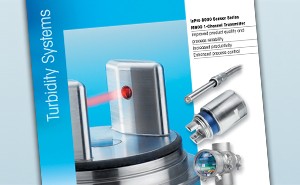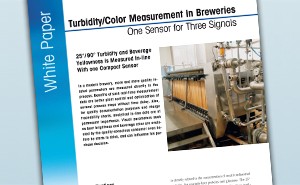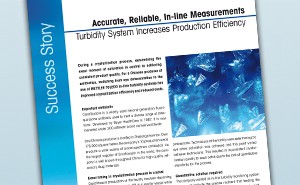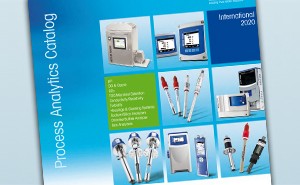We support and service your measurement equipment through its entire life-cycle, from installation to preventive maintenance and calibration to equipment repair.

Turbidity Sensor | In-line Turbidity
High Performance Turbidity Sensors for Process Control
Turbidity sensors are in-line analytical instruments designed for continuous measurement of suspended particle concentrations in a wide range of process applications. METTLER TOLEDO offers in-line turbidity sensors that provide accurate measurement in concentrations ranging from low-turbidity to high-turbidity. These in-line turbidity sensors can be used to monitor fermentation, crystallization, phase separation, post-filtration of beer, wastewater and more.
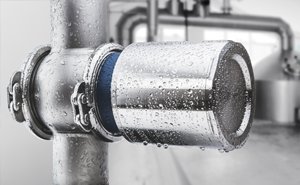
Built to Last in Aggressive Media
METTLER TOLEDO offers turbidity sensors in stainless steel designed to withstand aggressive media and high temperatures in many industrial liquid/solid separation processes.
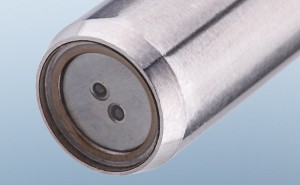
Hygienic Design to Meet Cleaning Requirements
Select in-line turbidity sensors offer a hygienic design that can withstand steam-sterilization and autoclave requirements common in cell culture monitoring and pharmaceutical manufacturing.
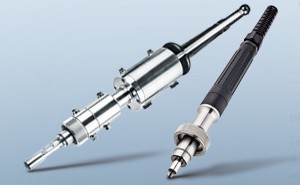
Greater Flexibility for Reduced Installation Costs
With a compact sensor design, various sensor lengths and retractable sensor housings, METTLER TOLEDO turbidity sensors were built to maximize process flexibility during installation.
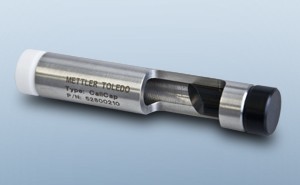
Quick In-Line Turbidity Sensor Verification
METTLER TOLEDO turbidity sensors with CaliCap technology allow operators to perform system calibrations in minutes, without the need for chemicals.
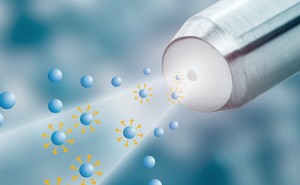
Designed to Prevent Fouling and Reduce Maintenance
Optical fiber turbidity sensors have an unbroken surface structure design to reduce the occurrence of sensor fouling during measurement.
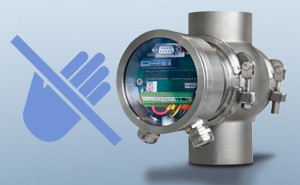
Low Maintenance for Long-Term Performance
METTLER TOLEDO turbidity sensors are built to maintain their linearity over long process runs, reducing calibration needs and preventing possible process interruptions.
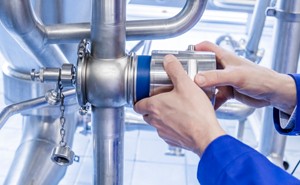
Made for Easy Process Installation
Designed to meet a wide range of installation needs, these turbidity sensors can integrate into bioreactors, standard process housings and a variety of standard brewery connections.
Explore our Services - Tailored to Fit your Equipment

Remote Support
Fast intervention and full security with our remote support capabilities.
- On-Site Customer with Mobile Device
- Remote Technician on Computer
Support & Repair

Maintenance & Optimization
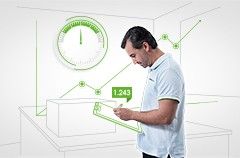
Calibration & Quality

Training & Consulting

FAQs
What is a turbidity sensor?
A turbidity sensor is an analytical sensor that measures turbidity, which is an optical characteristic that refers to the degree of clarity of a liquid. Turbidity in liquids is caused by individual suspended particles or colloidal matter that scatters or obstructs light transmittance: the higher the concentration of suspended particles/colloidal matter, the higher the turbidity.
METTLER TOLEDO offers a wide range of in-line turbidity sensors/on-line turbidity sensors that are optimized for specific measurement ranges and different applications.
What are the different types of turbidity sensor?
METTLER TOLEDO offers two different types of turbidity sensor.
Forward scattered light/absorption: Turbidity sensors with this technology (e.g. METTLER TOLEDO's InPro 8300 RAMS series) are designed for applications with low to medium turbidity levels. Color measurement (yellowness) is also available in the InPro 8300 RAMS. These are common for phase separation applications.
Backscattered light: These turbidity sensors (e.g. METTLER TOLEDO's InPro 8050, InPro 8100 and InPro 8200) are designed for samples with a high particle concentration of up to 250 g/l suspended solids. Depending on the application, the METTLER TOLEDO in-line turbidity sensors are available in both stainless steel and a polysulfone body for pharmaceutical and wastewater use respectively.
How do you select the right turbidity sensor?
The turbidity sensor should be selected based on the required measurement range as well as the application. METTLER TOLEDO offers several versatile turbidity sensors that meet the requirements of many different applications, such as:
- FermentationBiomass growth (optical density)
- Crystallization
- Phase separation
- Water in oil
- Filter breakthrough
- Activated sludge
- Post filtration of beer and yellowish measurement
- Wastewater
Please contact your local METTLER TOLEDO representative for details.
